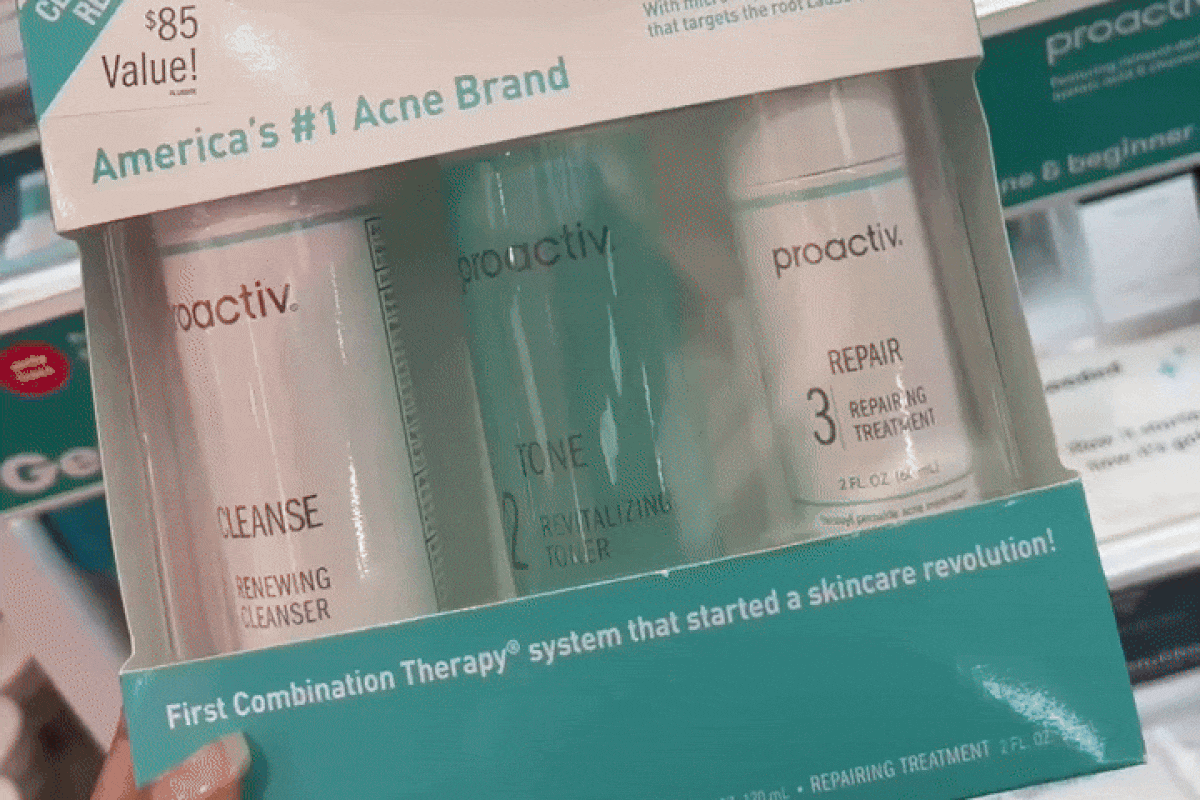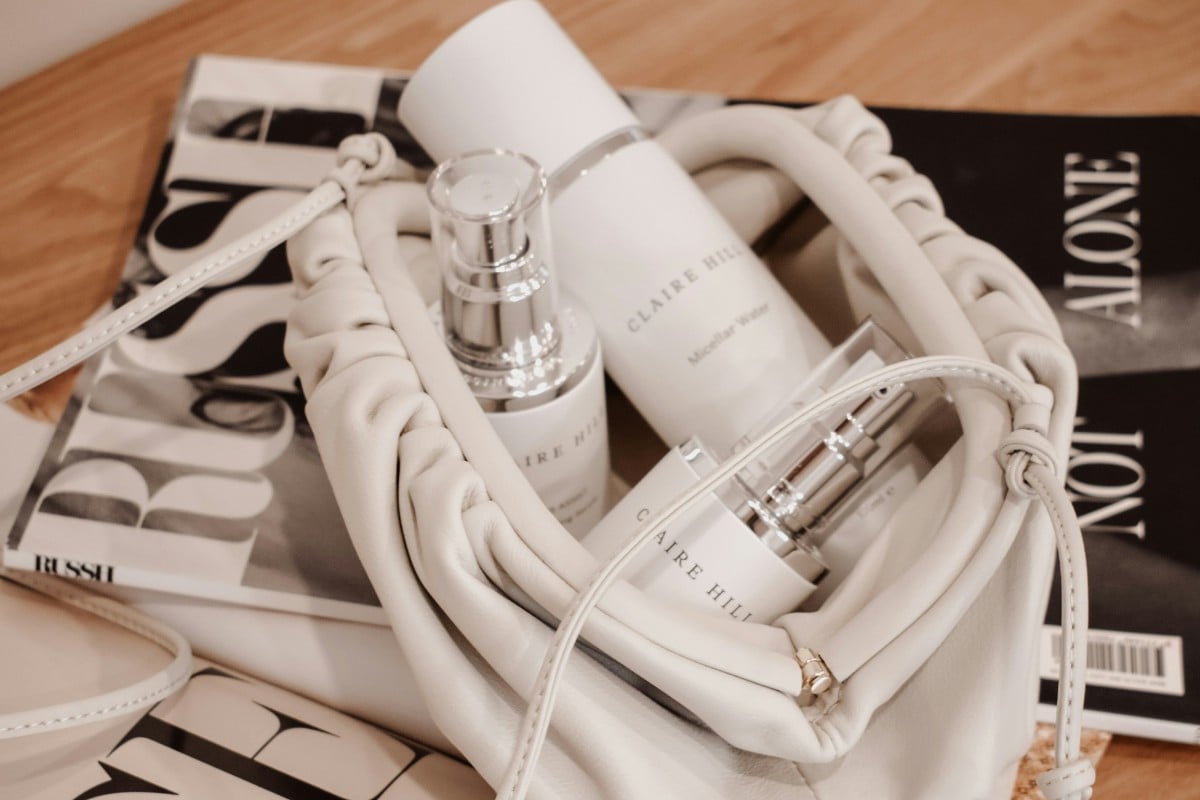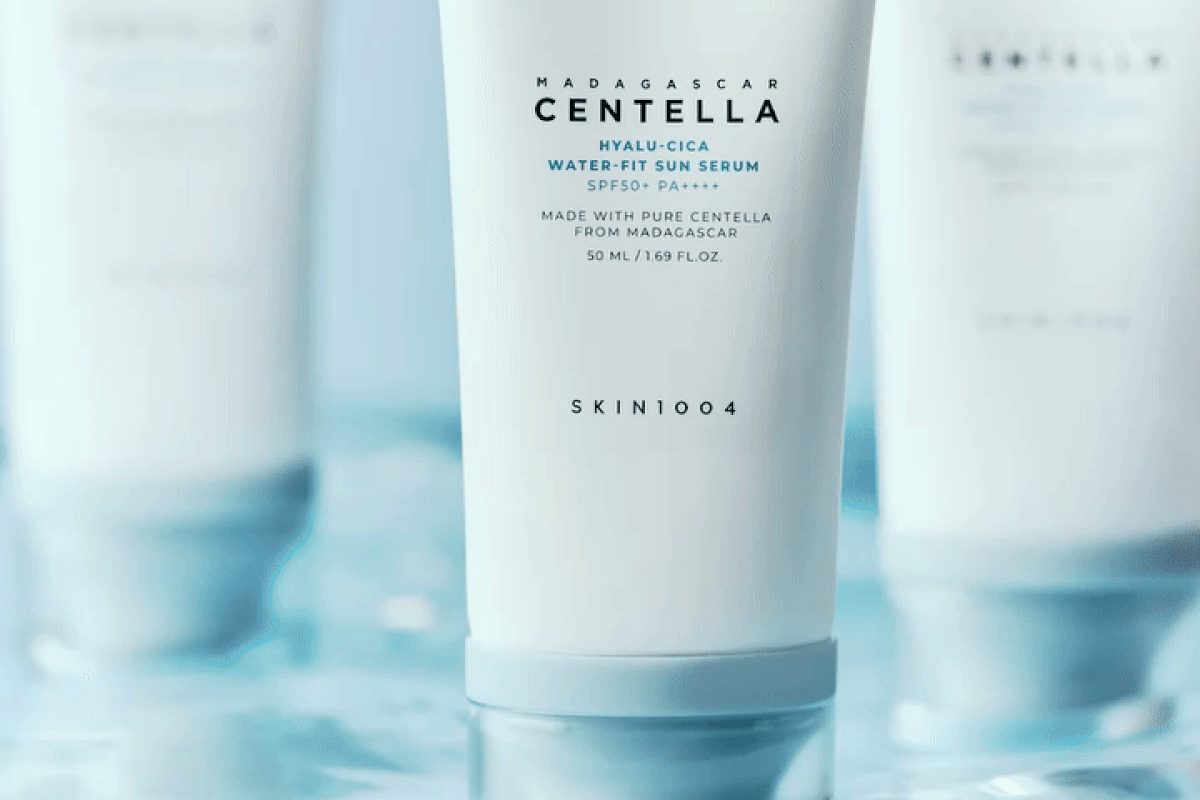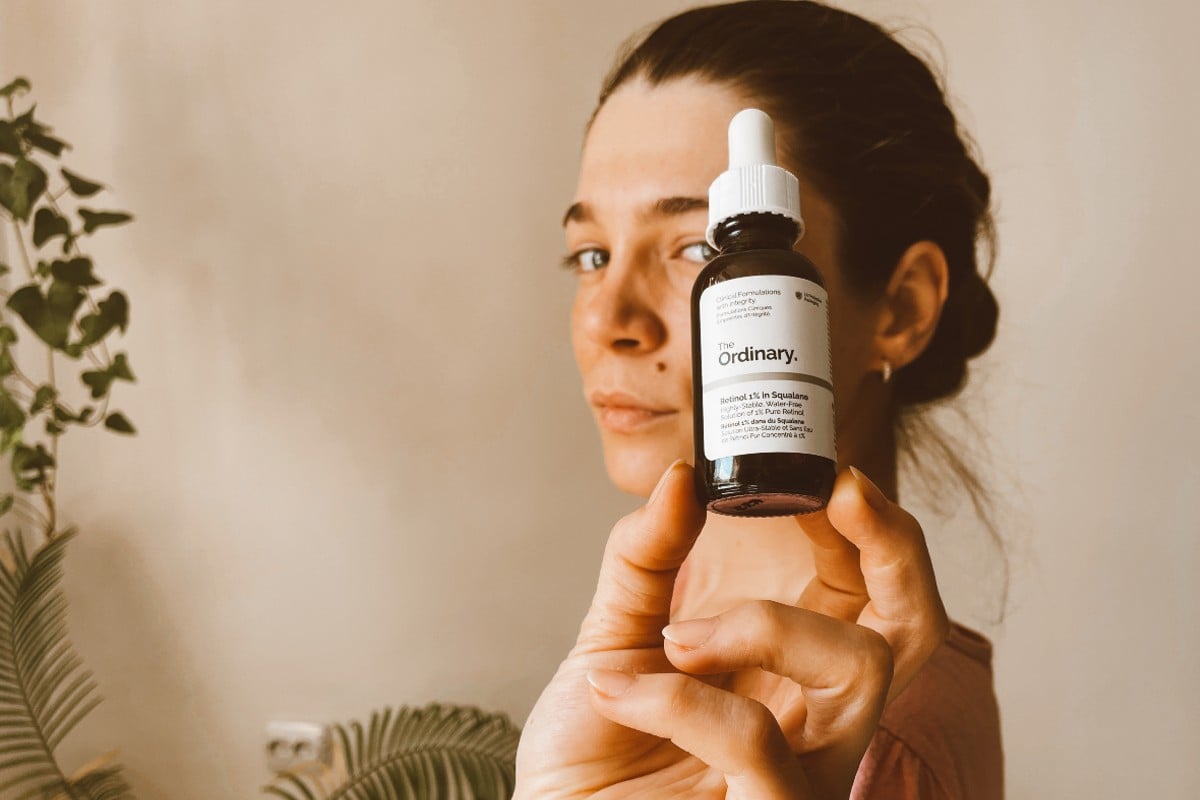This article has been reviewed by Dr. Luisa Fanzani, a Los Angeles-based cosmetic chemist dedicated to educating people on skincare.
Everybody can face skin inflammation at one point or another due to a broken barrier, breakouts, sun damage, conditions like eczema or dermatitis, or aging. A sign of the skin’s immune response, inflammation can manifest into redness, swelling, itching, and rash, and it needs to be addressed with gentle and calming actives that can help with skin recovery. Rest assured, with the best anti-inflammatory skincare ingredients featured ahead, you’ll be able to calm your sensitive, irritated skin, as well as manage inflammatory conditions.
What are anti-inflammatory ingredients?
Anti-inflammatory skincare ingredients are chemically or naturally sourced elements that prevent, target, and relieve skin inflammations. Skin inflammation is an immune response triggered when the body precepts a foreign intruder and tries to fight it.
A common trigger of skin inflammation is free radicals. Free radicals are unstable molecules that damage the cells and are known to cause chronic inflammation.[1] Most antioxidants are considered anti-inflammatory agents as they neutralize these molecules and prevent tissue damage. UV exposure, smoking, and pollution are known factors that inflame the skin because they increase free radicals.
A harsh chemical penetrating your protective barrier and affecting the cells is another familiar scenario that can lead to skin inflammation. Even natural extracts can cause severe irritations if your skin is oversensitive to them. Other causes of skin inflammation involve genetics, injuries, bacterial infections, and inflammatory conditions like psoriasis, acne, or dermatitis. Also, a diet high in processed carbs and gluten often causes a generalized inflammation that may affect the skin.
Regardless of the reasons, skin inflammation is characterized by redness, swelling, flakiness, and itchiness. If you check these, consider adding anti-inflammatory skincare ingredients to your routine to alleviate inflammation and protect your skin. Some of the best anti-inflammatory ingredients used in skincare include niacinamide, vitamin C, azelaic acid, green tea, omega fatty acids, aloe vera, chamomile, and colloidal oatmeal.
Niacinamide
Niacinamide is a form of vitamin B3 which exerts antioxidant and anti-inflammatory effects. It’s often used in skincare thanks to its ability to strengthen the skin’s protective barrier and mitigate environmental damage. Niacinamide does that by neutralizing free radicals and stimulating the production of skin lipids (ceramides, fatty acids, and cholesterol) that make up the epidermal barrier. Studies found it particularly effective in reducing acne- and rosacea-induced inflammations.[2]
Vitamin C
Vitamin C is another potent anti-inflammatory agent through its antioxidant capacity, helping fight the most common trigger of inflammation, free radicals. It also builds up collagen, the main protein required for healing, and assists in the formation of the skin’s barrier by helping the body produce lipids such as ceramides and fatty acids.
Azelaic acid
Azelaic acid is a naturally occurring acid found in barley, rye, and wheat. In skincare, it’s often used to exfoliate the top layer of the skin and remove the old cells that can clog pores and attract bacteria, preventing inflammations like pimples and breakouts. Besides, azelaic acid is antibacterial, so it’s often recommended for acne treatment, and it’s known to have anti-inflammatory and antioxidant activities.[3] It was found to be especially effective in soothing chronic inflammatory conditions like rosacea.[4]
Green tea
Green tea is considered one of the most effective anti-inflammatory skincare ingredients thanks to its high content of polyphenols, which possess high anti-inflammatory and antioxidant properties.[5] Polyphenols, especially EGCG, the most abundant catechin in green tea, are known to be one of the best free radical scavengers that can reduce inflammations at a cellular level. And since EGCG also has antimicrobial activities, a green tea product can improve acne too.
Omega-3 fatty acids
These essential fatty acids are found in fish, nuts, and seeds and are renowned for lowering inflammation and softening rough, dry skin. Both topical application and oral supplementation of omega-3 fatty acids can reduce UV-induced damage, minimize aging signs, and lessen skin inflammations.[6] On top of that, it was shown multiple times that omega-3 fatty acids have the potential to alleviate inflammatory skin conditions, including psoriasis and acne.[7]
Rosehip oil
Rosehip oil is another popular anti-inflammatory skincare ingredient since it contains polyphenols, vitamins, and fatty acids that aid in hydrating, protecting, and softening the skin. As it’s rich in antioxidants, rosehip oil reduces inflammation and calms irritation from rosacea, psoriasis, eczema, or dermatitis.[8] More than that, rosehip oil contains linoleic, oleic, palmitic, and stearic acids, which keep skin moisturized and healthy.
Licorice
The licorice extract comes from the root of the licorice plant (Glycyrrhiza glabra) and is one of the world’s oldest natural skin remedies. Licorice is touted as one of the best anti-inflammatory skincare ingredients thanks to its content of polyphenols, of which 13 are known to have powerful anti-inflammatory properties.[9] Another commonly used anti-inflammatory agent isolated from the licorice root is potassium glycyrrhizinate, a skin-conditioning agent often added to skincare products as a soothing agent.
Aloe vera
The gel-like substance extracted from the aloe plant has been used for centuries to heal wounds and reduce inflammation. What makes aloe vera such a great anti-inflammatory skincare ingredient is its 75 active compounds, including vitamins, enzymes, minerals, and amino acids.[10] More precisely, it contains vitamins A, C, E, B12, folic acid, and choline, which are all antioxidants that neutralize free radicals and mitigate cell damage. Aloe vera also contains a bunch of enzymes that help reduce inflammation when applied to the skin as well as fatty acids with high anti-inflammatory properties.
Chamomile
Because chamomile contains 36 flavonoids, it’s a rich source of anti-inflammatory and antioxidant compounds.[11] Besides, one of the chamomile-derived compounds, bisabolol, is oftentimes used to treat eczema, psoriasis, rosacea, redness, sunburn, and swelling. This thick liquid is known to soothe skin inflammation and reduce acne, skin rashes, and rosacea over time.[12] Plus, bisabolol does excellent at calming the skin after UV exposure and toning down sunburns.
Witch hazel
When applied to the skin, witch hazel can reduce itching and swelling and calm inflammation caused by acne or eczema. Besides, witch hazel has antioxidants, protecting skin cells from free radicals.
Colloidal Oatmeal
Colloidal oatmeal has been used for centuries to soothe dry and itchy skin due to its content of fats, proteins, vitamins, and minerals. On top of this, colloidal oatmeal packs avenanthramides, polyphenols, and beta-glucan, all praised for their anti-inflammatory effects.[13][14]
Resveratrol
Resveratrol is a polyphenol produced by grapes and blueberries. As an antioxidant and anti-inflammatory agent, resveratrol can prevent photoaging and reduce inflammation and redness.[15]
Beta-glucans
Beta-glucans are polysaccharide sugars found in cell walls, derived from yeast, mushrooms, seaweeds, and cereals. These compounds are known to possess multiple skin benefits, including antioxidant, hydrating, barrier boosting, and anti-inflammatory. Due to their soothing effect, beta-glucans are often used in skincare to calm the skin and reduce redness, making these sugar molecules ideal to use after exfoliation.
Sources
Women’s Concepts uses reliable sources, including dermatologists’ insights, clinical trials, and scientific journals, to find accurate information and support all the facts shared in our articles. All statements and claims have clear and legit references. Read our editorial policy to learn more about our sources of information, our process of researching and fact-checking the content, and how our team strives to keep all articles updated, completed, and trustworthy.
- Pham-Huy LA, He H, Pham-Huy C. Free radicals, antioxidants in disease and health. Int J Biomed Sci.
- Gehring W. Nicotinic acid/niacinamide and the skin. J Cosmet Dermatol. 2004 Apr;3(2):88-93. doi: 10.1111/j.1473-2130.2004.00115.x. PMID: 17147561.
- Katsambas A, Graupe K, Stratigos J. Clinical studies of 20% azelaic acid cream in the treatment of acne vulgaris. Comparison with vehicle and topical tretinoin. Acta Derm Venereol Suppl (Stockh). 1989;143:35-9. doi: 10.2340/000155551433539. PMID: 2528257.
- Jones DA. Rosacea, reactive oxygen species, and azelaic Acid. J Clin Aesthet Dermatol. 2009;2(1):26-30.
- Ohishi T, Goto S, Monira P, Isemura M, Nakamura Y. Anti-inflammatory Action of Green Tea. Antiinflamm Antiallergy Agents Med Chem. 2016;15(2):74-90.
- https://lpi.oregonstate.edu/mic/health-disease/skin-health/essential-fatty-acids#functions
- Balić A, Vlašić D, Žužul K, Marinović B, Bukvić Mokos Z. Omega-3 Versus Omega-6 Polyunsaturated Fatty Acids in the Prevention and Treatment of Inflammatory Skin Diseases. Int J Mol Sci. 2020;21(3):741. Published 2020 Jan 23. doi:10.3390/ijms21030741
- Mármol I, Sánchez-de-Diego C, Jiménez-Moreno N, Ancín-Azpilicueta C, Rodríguez-Yoldi MJ. Therapeutic Applications of Rose Hips from Different Rosa Species.
- Yang R, Yuan BC, Ma YS, Zhou S, Liu Y. The anti-inflammatory activity of licorice, a widely used Chinese herb. Pharm Biol. 2017;55(1):5-18. doi:10.1080/13880209.2016.1225775
- Surjushe A, Vasani R, Saple DG. Aloe vera: a short review. Indian J Dermatol. 2008;53(4):163-166. doi:10.4103/0019-5154.44785
- Srivastava JK, Shankar E, Gupta S. Chamomile: A herbal medicine of the past with bright future. Mol Med Rep. 2010;3(6):895-901. doi:10.3892/mmr.2010.377
- Maurya AK, Singh M, Dubey V, Srivastava S, Luqman S, Bawankule DU. α-(-)-bisabolol reduces pro-inflammatory cytokine production and ameliorates skin inflammation. Curr Pharm Biotechnol. 2014;15(2):173-81. doi: 10.2174/1389201015666140528152946. PMID: 24894548.
- Meydani M. Potential health benefits of avenanthramides of oats. Nutr Rev. 2009 Dec;67(12):731-5. doi: 10.1111/j.1753-4887.2009.00256.x. PMID: 19941618.
- Reynertson KA, Garay M, Nebus J, Chon S, Kaur S, Mahmood K, Kizoulis M, Southall MD. Anti-inflammatory activities of colloidal oatmeal (Avena sativa) contribute to the effectiveness of oats in treatment of itch associated with dry, irritated skin. J Drugs Dermatol. 2015 Jan;14(1):43-8. PMID: 25607907.
- Salehi B, Mishra AP, Nigam M, et al. Resveratrol: A Double-Edged Sword in Health Benefits. Biomedicines. 2018;6(3):91. Published 2018 Sep 9. doi:10.3390/biomedicines6030091



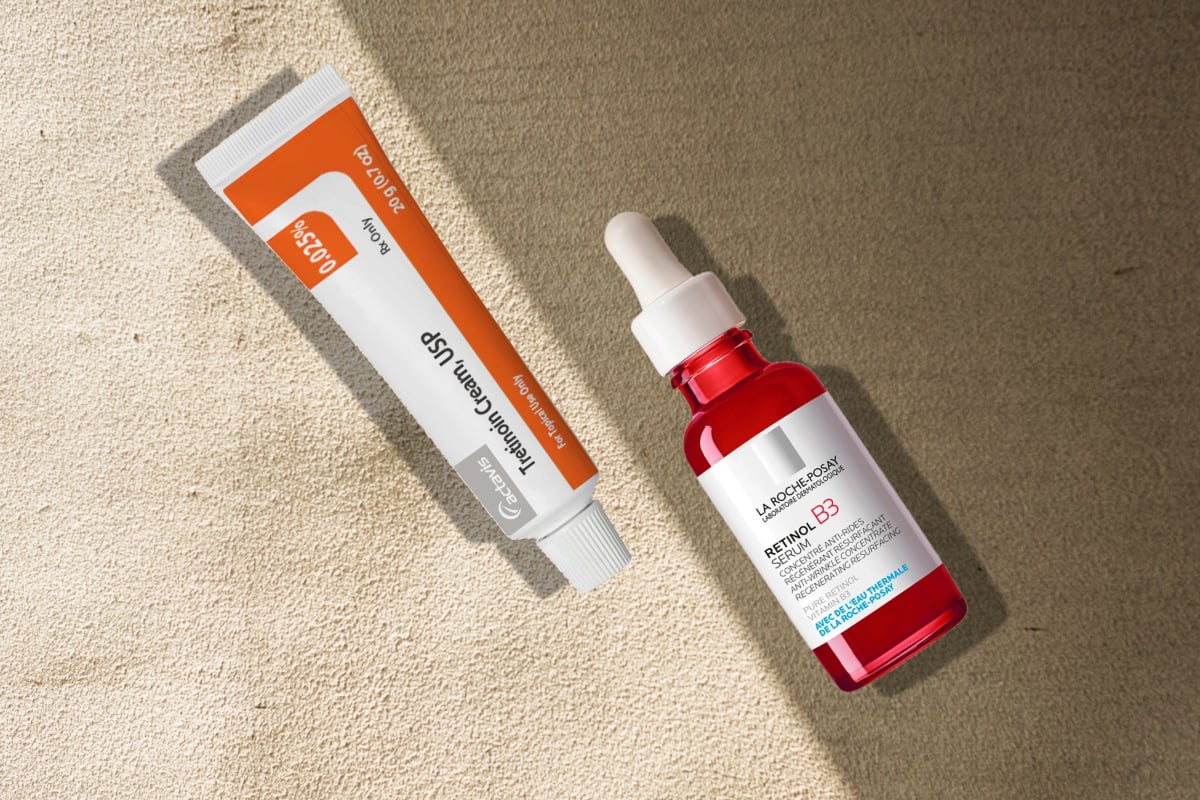
![Does resveratrol in red wine benefit your skin? While sipping on a glass of red wine can be a delightful experience, relying on it for skincare benefits is not the best idea. Sure, red wine contains a smidge of resveratrol, but let's put things into perspective. The concentration of resveratrol in red wine is relatively low. Red wines, specifically Pinot noir from France, typically contain 0.361-1.972 mg of resveratrol per liter.[8] To hit that reference dose of 500mg of resveratrol, you'd need to drink a lot of wine. We're talking about downing anywhere from 100 to 1000 glasses per day. It's a scene straight out of a wine lover's wildest dreams, but definitely not the healthiest approach. Resveratrol Benefits for Skin](https://womensconcepts.com/wp-content/uploads/2022/03/Resveratrol-Benefits-for-Skin.jpg)

